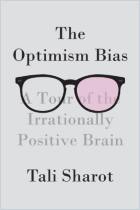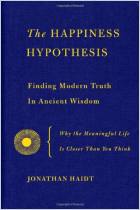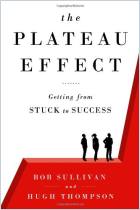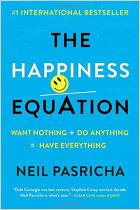
Read offline
Recommendation
Why do people become desensitized to social injustices like racism and sexism? And why do pleasurable experiences like vacations lose their allure with time? The answer, says neuroscientist Tali Sharot, is the human propensity to “habituate” to both the good and the bad. Learn to “dishabituate” by injecting change and variety into your life. In conversation with Google technical writer Sanders Kleinfeld, Sharot reveals the secret to rediscovering your joy for life’s pleasures and reigniting your contempt for life’s cruelties.
Summary
About the Speakers
Tali Sharot is a professor of cognitive neuroscience at University College London and MIT. She is the author of The Optimism Bias and The Influential Mind, and the co-author of Look Again. Sanders Kleinfeld is a senior technical writer at Google.





















Comment on this summary or Iniciar a Discussão